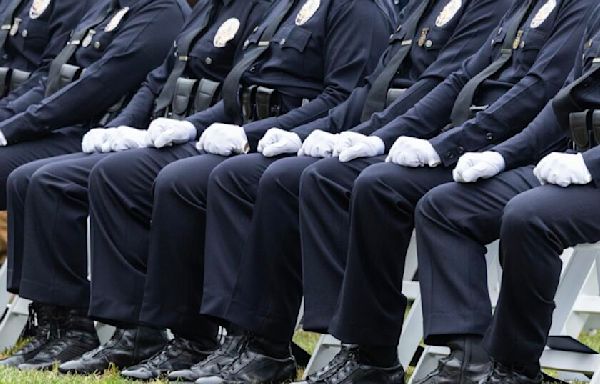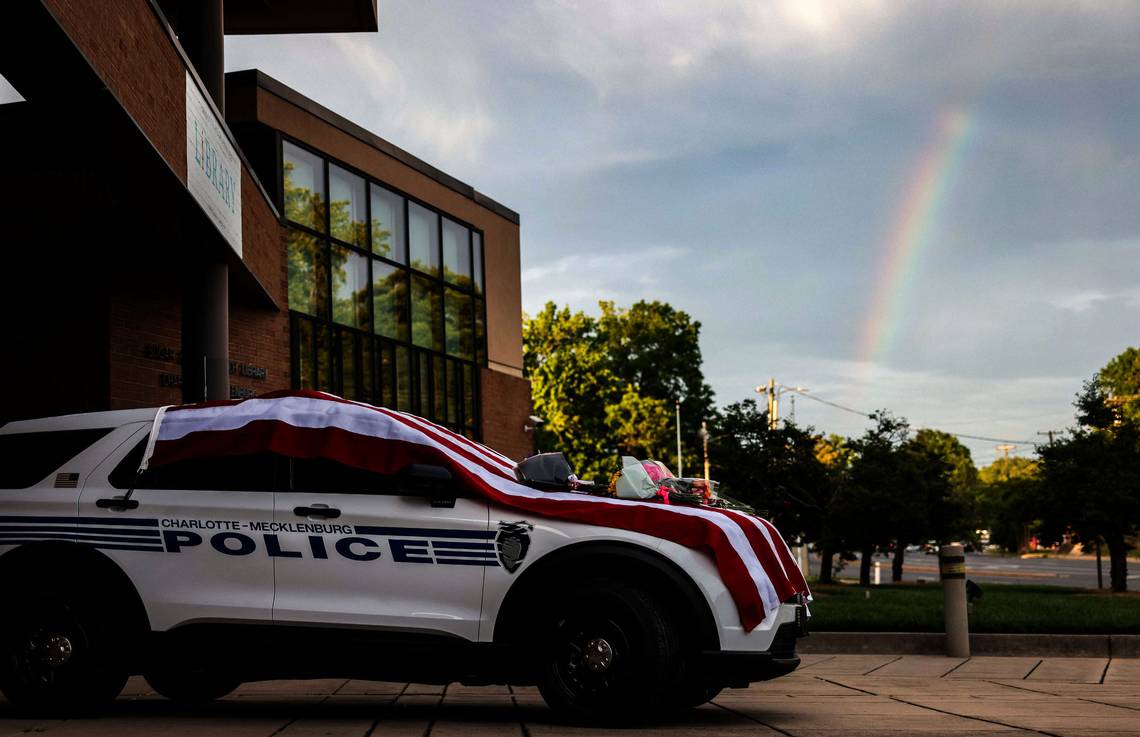Search results
News about police officers, injured, Pendleton
News about Rochester, University of Chicago, pro-Palestinian encampment
Also in the news
Feb 29, 2024 · What Does a Police Officer Do? Police officers are among the broad group of law enforcement professionals who preserve public safety and collect evidence of criminal activity. According to the BLS, police officers perform many duties, including: Patrolling assigned areas; Making traffic stops and issuing citations; Writing reports and filling ...
Feb 3, 2023 · What does a police officer do? Police officers maintain public order by preventing crime, arresting criminals and protecting lives and property. Responsibilities may vary depending on the specific position and experience level, but all police offers are expected to write reports and keep detailed records.
A police officer (also called a policeman (male) or policewoman (female), a cop, an officer, or less commonly a constable) is a warranted law employee of a police force. In most countries, "police officer" is a generic term not specifying a particular rank.
What do police officers do? Career Satisfaction. Are police officers happy with their careers? Personality. What are police officers like? Still unsure if becoming a police officer is the right career path? Take the free CareerExplorer career test to find out if this career is right for you.
Jul 15, 2019 · Police officers arrest suspects and offenders, testify in cases, and collect evidence. They also patrol neighborhoods in an effort to prevent crimes and stop threats on the community. Most police work occurs in the field, covering a specific jurisdiction with minimal office tasks for clerical aspects.
Aug 1, 2023 · They are tasked with preventing crime, arresting and detaining criminals, mediating disputes and protecting people and property. Responsibilities may depend on the level of experience, rank and geographical location. Some common duties include: Patrolling neighborhoods, either by foot, in a vehicle or on a bicycle.
Duties. Police officers, detectives, and criminal investigators typically do the following: Respond to emergency and nonemergency calls. Patrol assigned areas, observing people and activities. Conduct traffic stops and issue citations. Search restricted-access databases for vehicle or other records and warrants.


